Description
Here’s what’s included in this resource:
Mini Lesson #1: Discussing Controversial Issues
Students will have the opportunity to take sides and argue their points about controversial issues that young people face using the Philosophical Chairs strategy.
Mini Lesson #2: Types of Argumentation
Students will learn about the genre of argumentative writing and the wide range of sub-genres. Students will learn that no matter what form the argumentation takes, most utilize the rhetorical devices of ethos, pathos and logos.
Mini Lesson #3: Researching Issues
Students will read articles relating to six different issues and choose one topic that they want to write an opinion editorial for.
Mini Lesson #4: Writing Claims
Students will read claim statements from student samples and then practice writing their own claim statements about their chosen topic.
Mini Lesson #5: Crafting Reasons/Topic Sentences
Students will learn that each supporting paragraph of their argumentative paper should start with a topic sentence that explains to the reader what the rest of the paragraph is going to be about. It can help to create an outline before writing their paper.
Mini Lesson #6: Counter-Arguments
Students will learn how to write and refute a counter-argument.
Mini Lesson #7: In-Text Citations
Students will learn the proper way to include cite a source within their op-ed. They will also learn about paraphrasing evidence and how they need to provide citations even when paraphrasing.
Mini Lesson #8: Reasoning
Students will learn that reasoning is explaining how evidence found from research supports the claim.
Mini Lesson #9: Revising Transitions
Students will learn that revising their drafts means deleting and rewriting. In this lesson students will specifically revise the transitional words and phrases they are using.
Mini Lesson #10 Bibliographies
Students will learn how to create a bibliography/work cited page using MLA format. A really engaging bonus cartoon video is used in this lesson!
Each mini lesson is 1-2 pages and very easy to follow!
Here is how each mini lesson is organized:
- Objective-the goal for the mini lesson
- Materials- all the necessary charts/posters/videos/tools you need for the lesson
- Hook- a fun way to start the mini lesson
- Teaching Point- straightforward statement about what students will learn
- Modeling- showing skill with writing samples/mentor texts
- Practice-an opportunity for students to apply skills and practice with peers
- Conferring-tips for how to discuss work with students with one-on-one conversations
- Share-a way for students to share what they accomplished, struggles they faced and goals they have
Also Included in this Product:
- Distance Learning Plan (great for sub plans or absent students!)
- Teacher’s Guide
- Editable Google Slides
- Editable PowerPoint Slides
- Posters
- Writing Charts
- Writing Samples
- Editable Assessment Tools (Google Doc and Microsoft Word)
- Videos
- Audio and Video Walk-Throughs of Everything

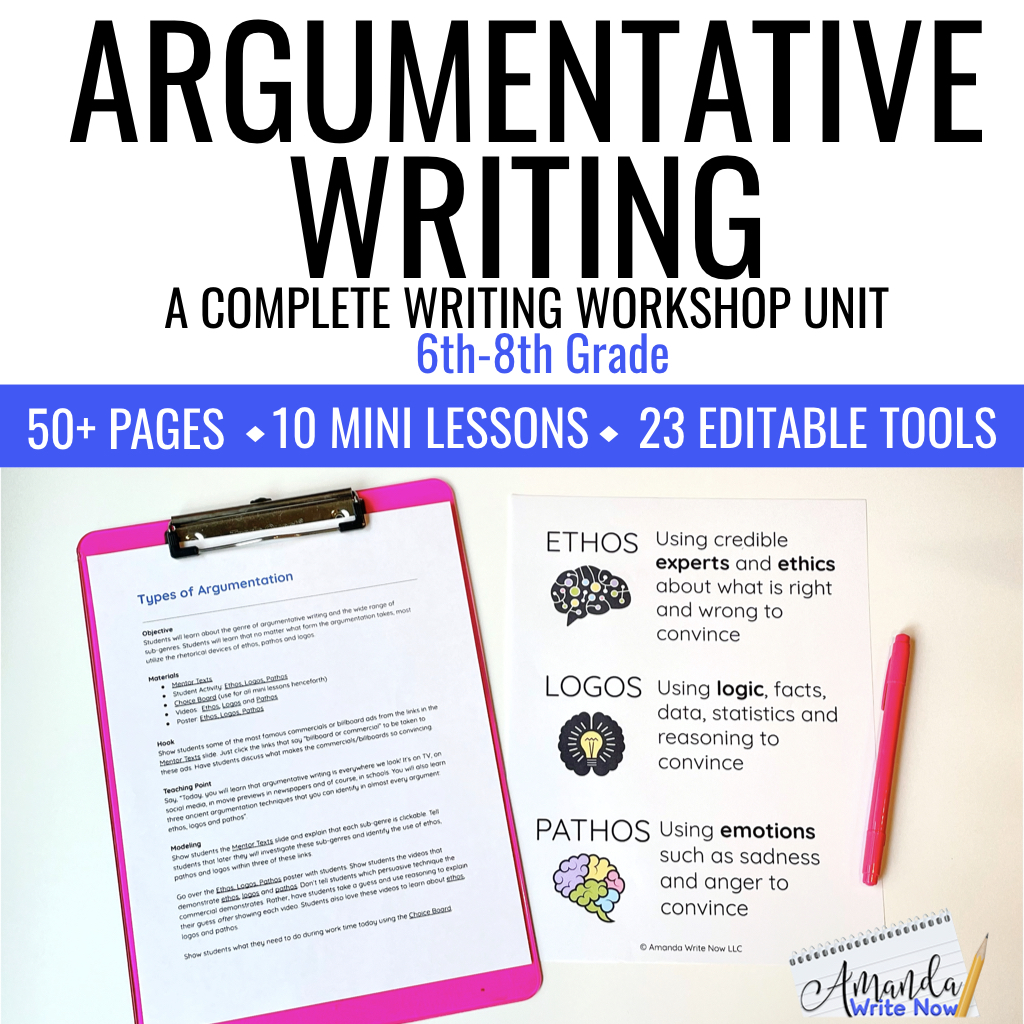
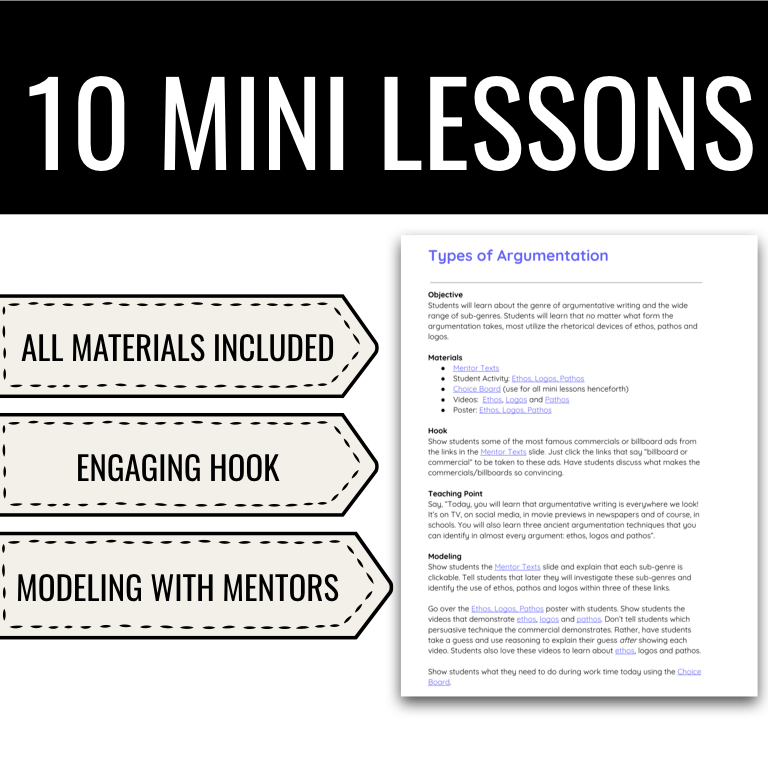
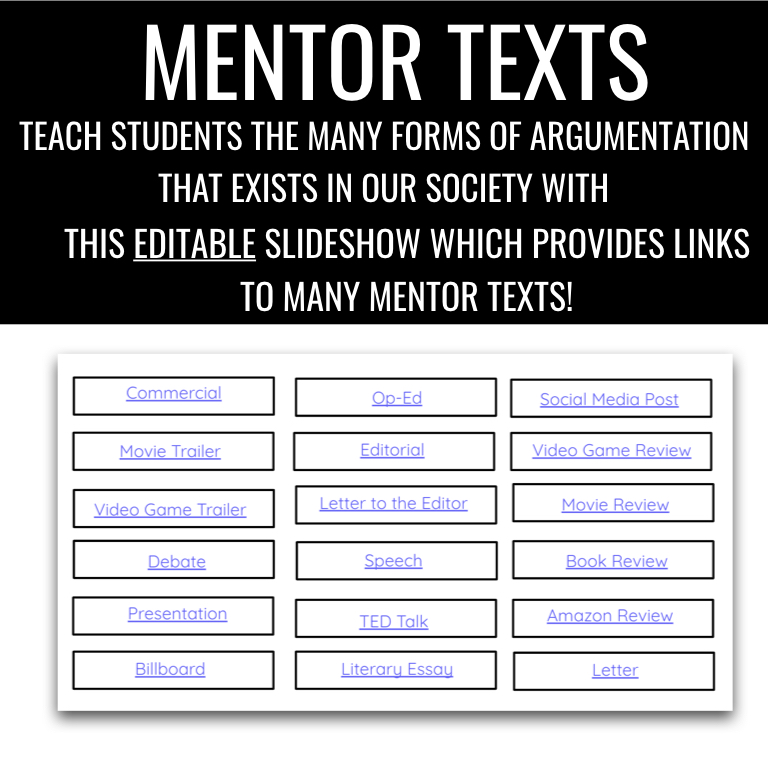


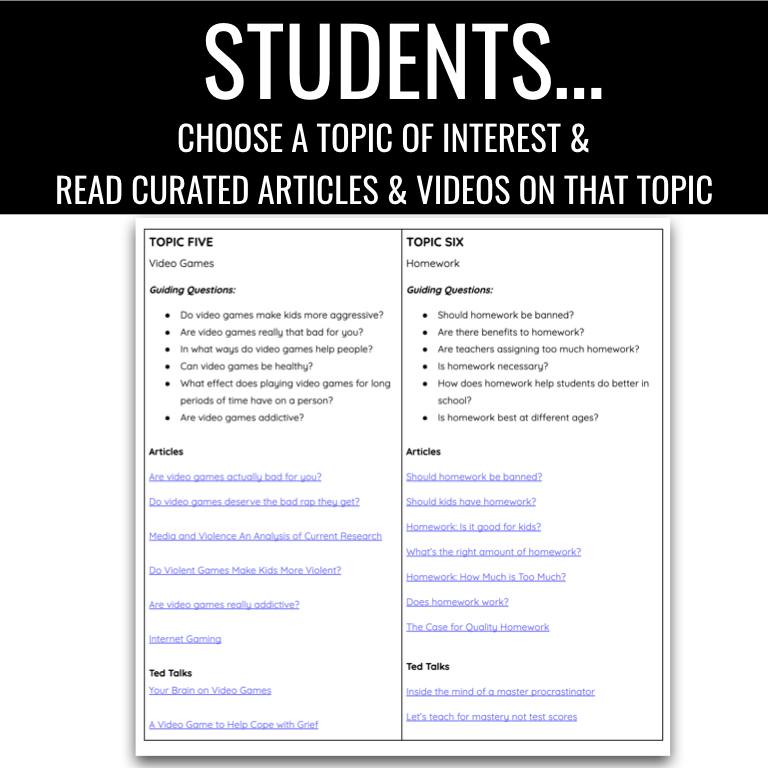
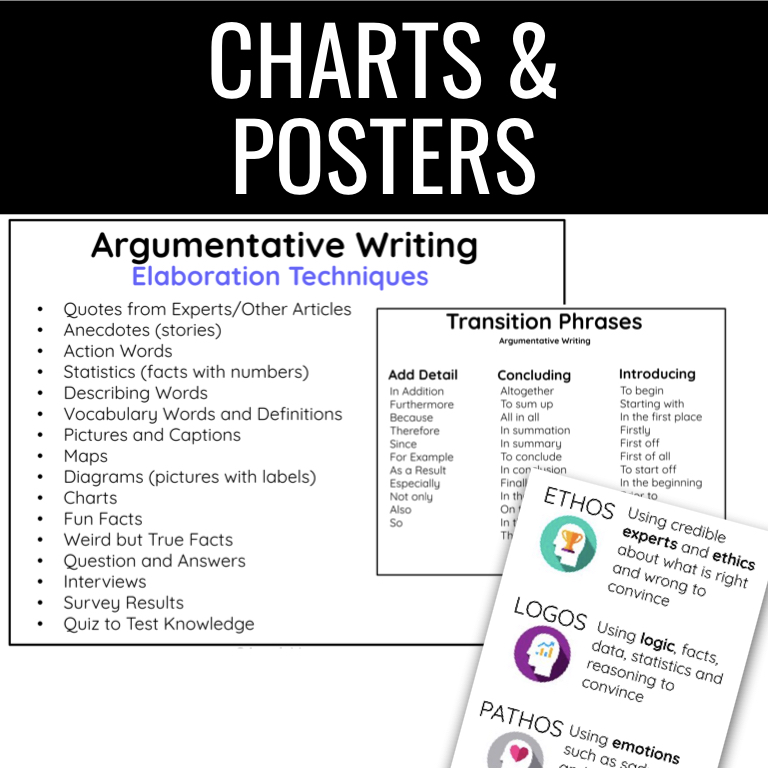

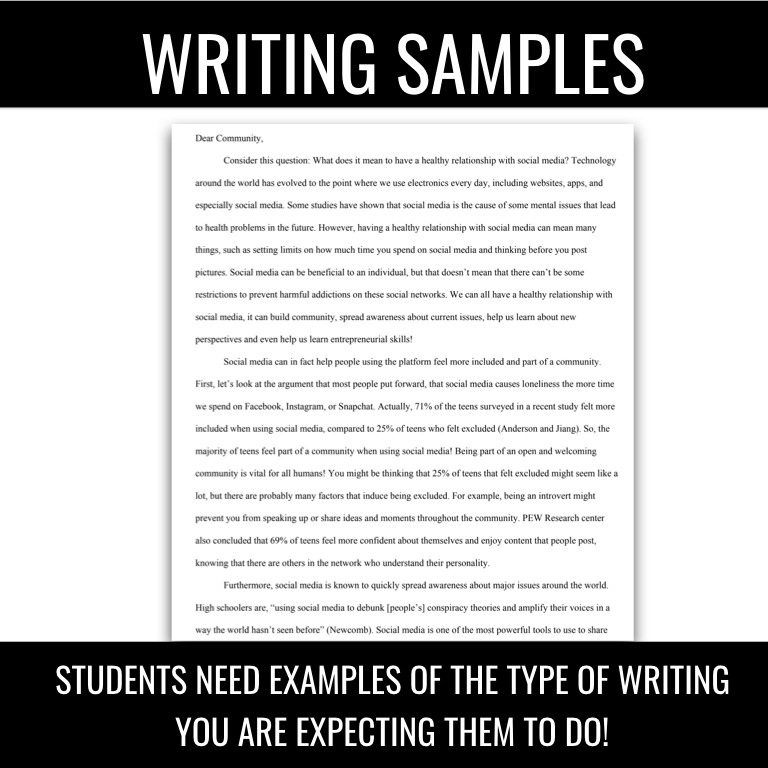


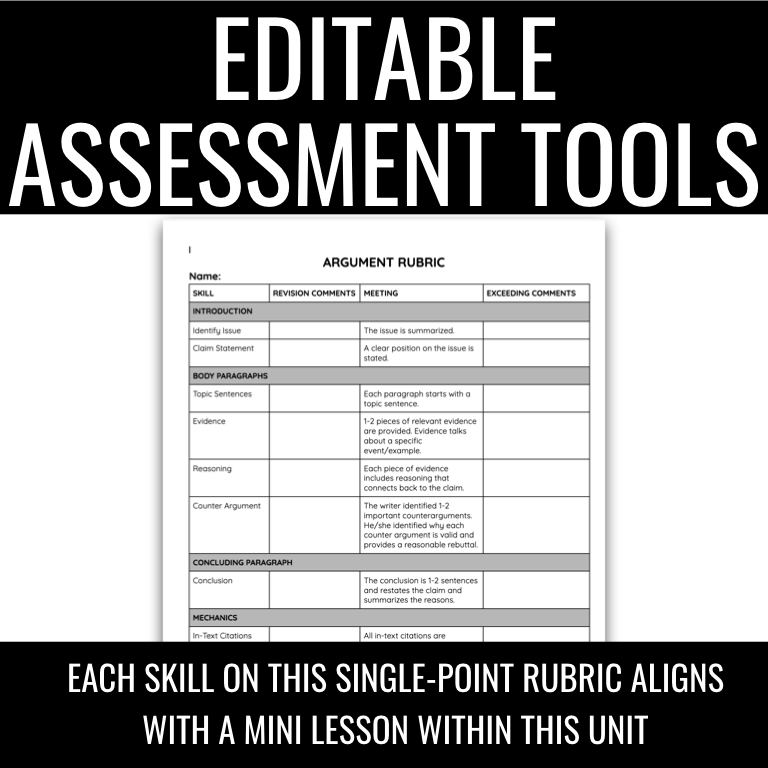
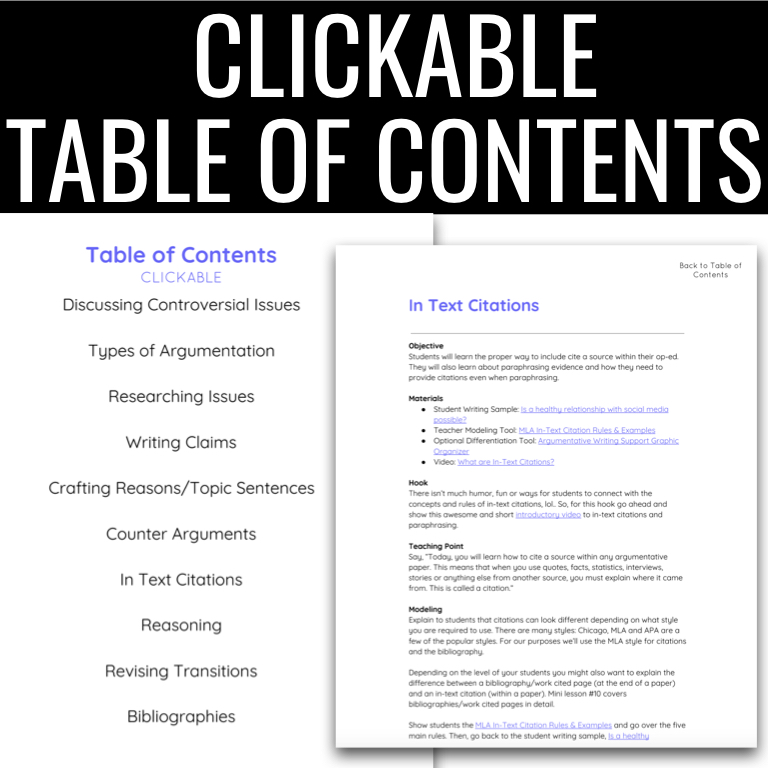


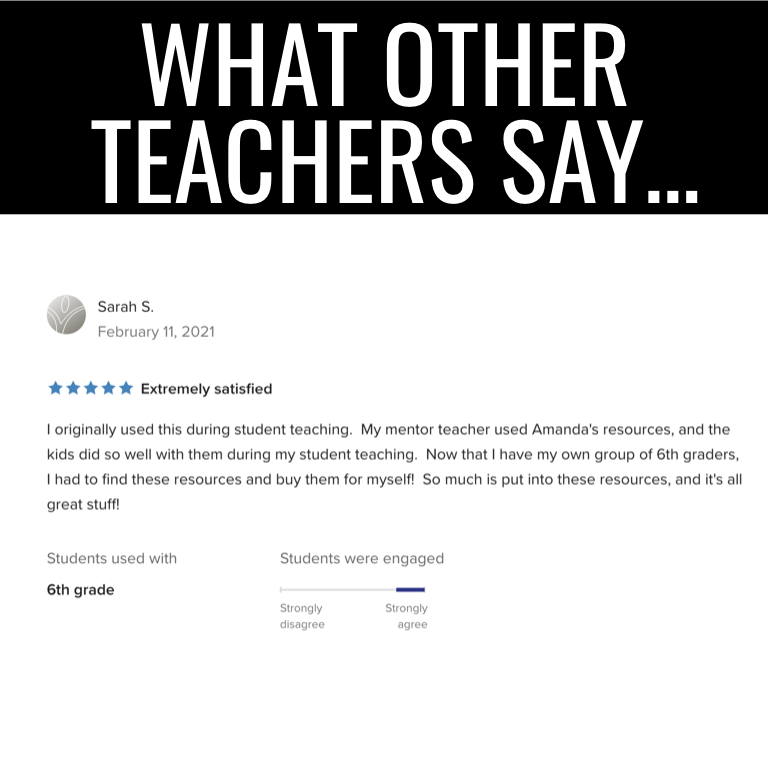
Reviews
There are no reviews yet.